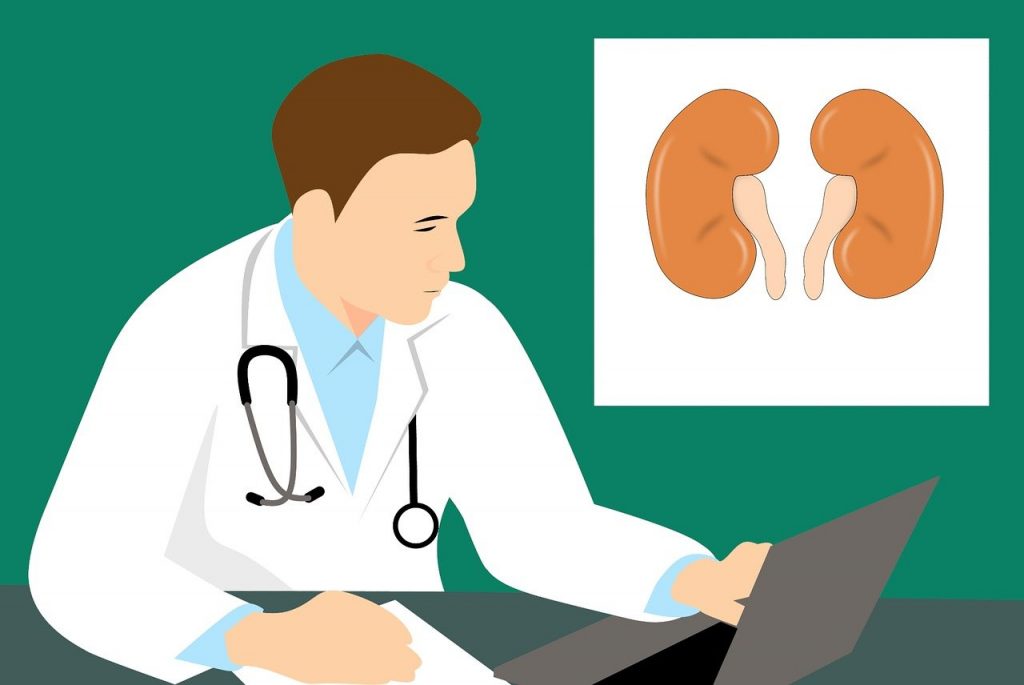One of the most important organs in the body is the kidneys, which is why we always need to keep them protected. Change in the volume and color of the urine, breathing problems, fatigue, anemia, tiredness, poor breath, feeling cold, discomfort, and itchy skin are the major symptoms of kidney problems.
Kidney damage is a very slow process however it may be fatal if diagnosed at a later stage. The prolonged build-up of toxicity in blood and improper lifestyle and food habits may result in impaired renal functions.
Some of the lifestyles which are identified as detrimental to kidney health however minor adjustment in our daily routine might help in preventing kidney damages.
10 Habits Which May Plague Renal Functionality
Unfortunately, kidney damage is caused by certain common behaviors. Some of the habits which may have a detrimental impact on the kidney are described below.
Insufficient Water Intake
Not drinking enough water will damage the kidneys significantly. The blood is more concentrated when the body lacks water and there is less blood flow to the kidneys, which results in reduced kidney function and toxin accumulation in the body. 10-12 glasses are the recommended daily amount of water. Drinking this amount will keep the body hydrated and safe for your kidneys.
Delaying the Urge to Urinate
Not peeing when you need to can also damage your kidneys. This allows the bladder to stay in the urine, allowing bacteria to multiply and trigger an infection of the urinary tract. So, next time you must pee, do it as soon as you can.
Regular Use of Analgesics
The kidneys and other organs may be affected by the daily use of analgesics and over-the-counter painkillers to lower inflammation and fever. These pills reduce blood flow to the kidneys and impair their function, according to studies, and long-term use can cause acute kidney injuries or interstitial nephritis. Before taking painkillers, people with impaired kidney function should contact doctors and take them for the shortest possible time.
Excessive Alcohol Consumption
For the kidneys, alcohol is a poison that can affect their function if you drink too much. In the renal tubules, this habit stores uric acid obstructs them, and raises the risk of kidney failure. Alcohol also dehydrates the body, which is why you need 2 drinks a day to adhere to the prescribed level.
Excessive consumption also leads to excessive urination which is the major cause of bone leaching and other minerals deficiency in the body. It also imbalance the electrolyte in the body and disrupts signal transmission between the brain and different parts of the body.
Smoking
Smoking is harmful to the entire body, and several studies have confirmed its association with kidney damage. Smoking is classified as the number one cause of end-stage renal disease by the American Association of Kidney Patients, which illustrates just how dangerous it is. Smoking also raises blood pressure and heart rate, leading to an increased risk of cardiovascular disease and kidney disease.
Lack of Sleep
Lack of sleep is typically overlooked by people, but adequate rest overnight is crucial to your overall health. Not having enough sleep prevents the body from renewing tissues, which over time can lead to organ damage.
High Salt Intake
Eating too much salt will harm the kidneys beyond our understanding. The kidneys metabolize 95 percent of the sodium, and the kidneys must work harder to neutralize its impact to main the electrolyte balance. This causes damage to the kidneys and leads to other health issues.
High Protein Diet
The risk of kidney damage and sickness can be increased by consuming large quantities of red and processed meat. The kidneys are responsible for the metabolism and removal of nitrogenous waste, a by-product of the digestion of protein. High intake of protein increases glomerular pressure and hyperfiltration, increasing kidney metabolic load and kidney disease risk.
Too Much Caffeine
We all enjoy coffee, but too much of it will make the kidneys overwork and raise their blood pressure. This can cause kidney damage in the long term and increase the excretion of calcium in the urine, which often ultimately results in kidney stones.
Caffeine intake should be limited as its residence time larger and it is present in the bloodstream for a quite long time and during this process kidney is continuously exposed to caffeine which causes excessive excretion of calcium and its sedimentation.
Ignoring Common Infections
Kidney injury may result from avoiding colds, flu, tonsillitis, pharyngitis, and other infections. People with kidney disease frequently forget to mention being ill, but viruses or bacteria can destroy your kidneys beyond repair if you don’t treat the infections.
Summary
The kidney play important role in maintaining the electrolyte balance in the body and being active in the absorption, re-absorption of essential vitamins and minerals along with the excretion of unwanted material present in the bloodstream. The chronic buildup of free radicals impairs the functionality of kidneys and in turn, results in other disorders caused by excessive excretion of electrolytes which may even lead to neurological disorders.

